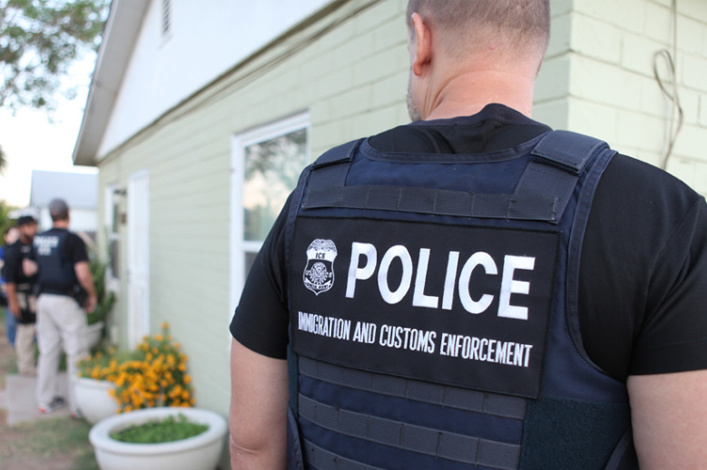A federal judge has ruled that the Trump administration can proceed with immigration enforcement raids at churches, siding against religious groups that argued such actions infringe upon their religious freedoms. Judge Dabney Friedrich of the U.S. District Court in Washington dismissed a request from over two dozen Christian and Jewish organizations seeking a preliminary injunction to block these raids, asserting that evidence didn’t support claims that religious sites were being specifically targeted for enforcement.
Friedrich, appointed by President Trump, noted that since the rescission of the previous policy over 10 weeks ago, there have been only minimal instances of immigration enforcement at or near religious locations. She referenced just three cases in which enforcement occurred at houses of worship, even amid the administration’s tougher immigration stance. The ruling highlights that the plaintiffs failed to provide sufficient evidence that immigration actions at religious sites were a significant issue.
Religious organizations argued that the policy violates their First Amendment rights and is discouraging congregational attendance. Some churches have reported significant attendance drops, with fears of enforcement actions keeping members away. However, the judge found no direct connection between immigration enforcement at religious locations and the decline in attendance, suggesting that congregants’ fears were more about encountering immigration officials in their neighborhoods than at religious services themselves.
The policy change took effect on January 20, 2025, when Trump resumed office, reversing a 2011 rule under the Obama administration that protected sensitive areas, including churches, from immigration enforcement. The revised policy allows immigration agents to conduct operations at religious institutions with more flexibility and without the need for supervisor approval, as long as “common sense” and “discretion” are used.
While the judge allowed enforcement actions to continue at religious sites, Kelsi Corkran, lead counsel for the plaintiffs, expressed ongoing concern about the policy’s impact on religious freedoms and vowed to continue fighting it. The lawsuit includes examples of enforcement actions, such as an immigrant’s arrest at a church in Georgia and an ICE search at a church-operated daycare, as well as surveillance near religious institutions.
The plaintiffs, which include major Christian denominations, Jewish organizations, and others, argue that immigration actions during worship or community activities would deeply disrupt their practices and spiritual services.
Meanwhile, Democratic lawmakers and advocacy groups are continuing to push for legislative protections. The Protecting Sensitive Locations Act, reintroduced earlier this year, seeks to ban immigration enforcement within 1,000 feet of sensitive locations like schools and churches, except in extraordinary circumstances.














